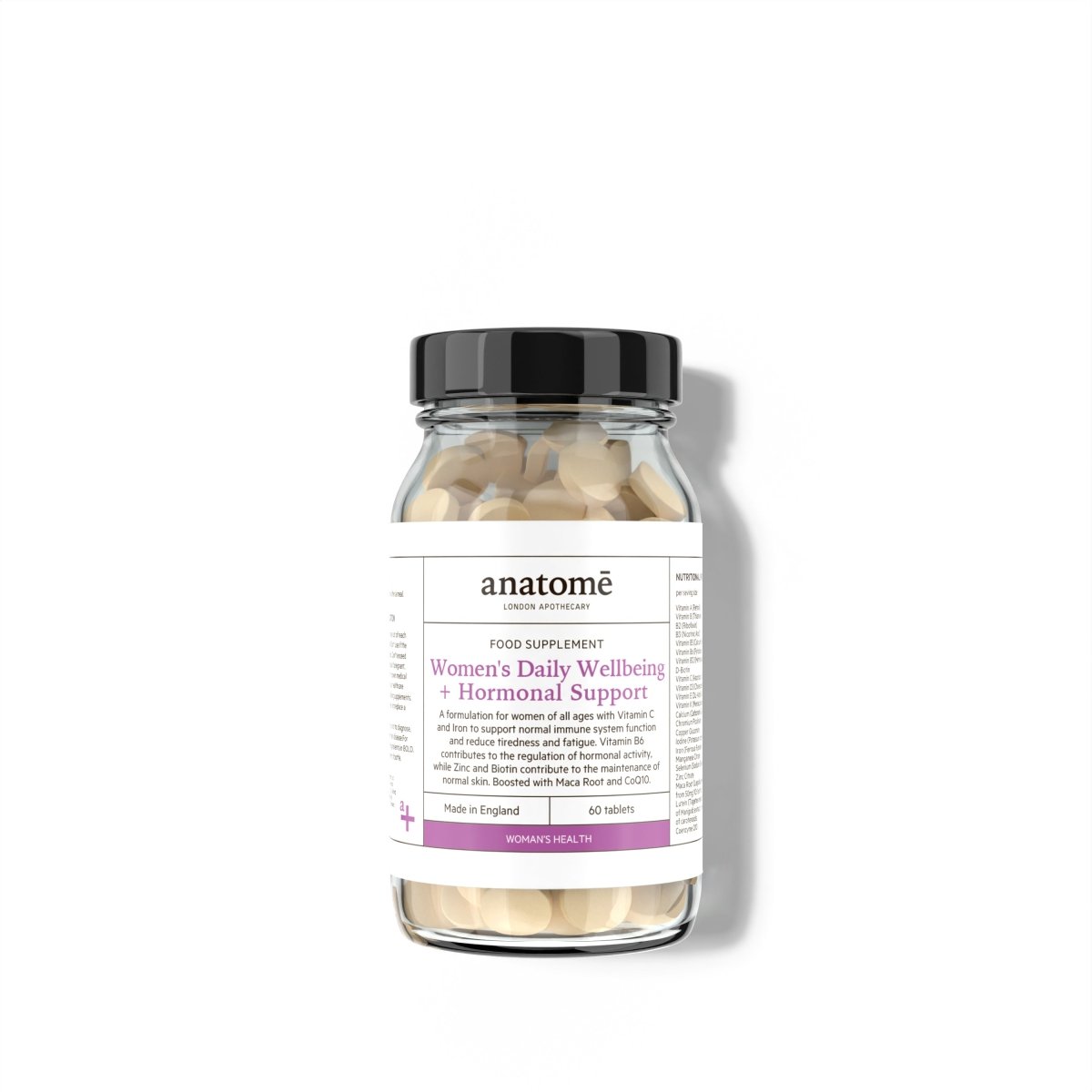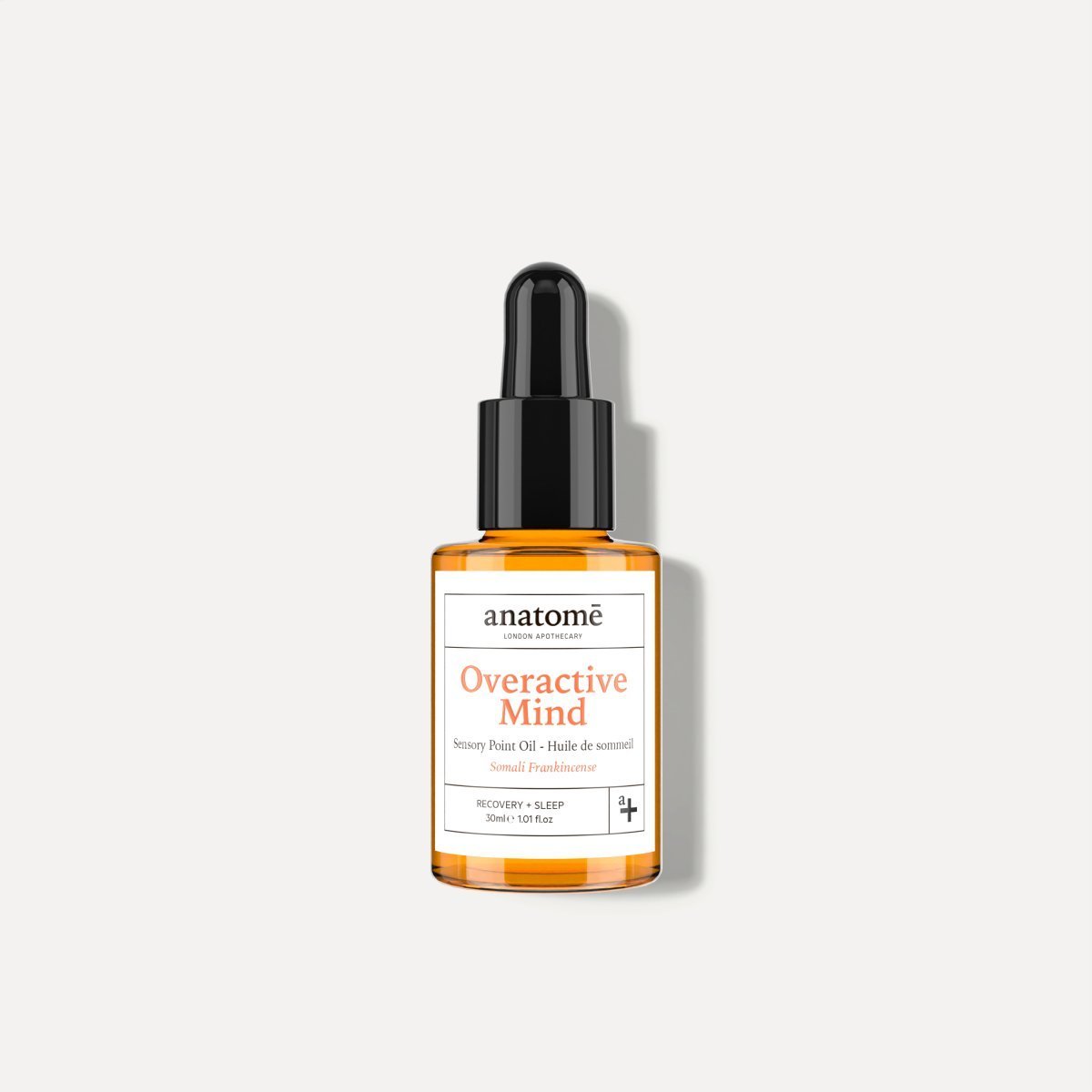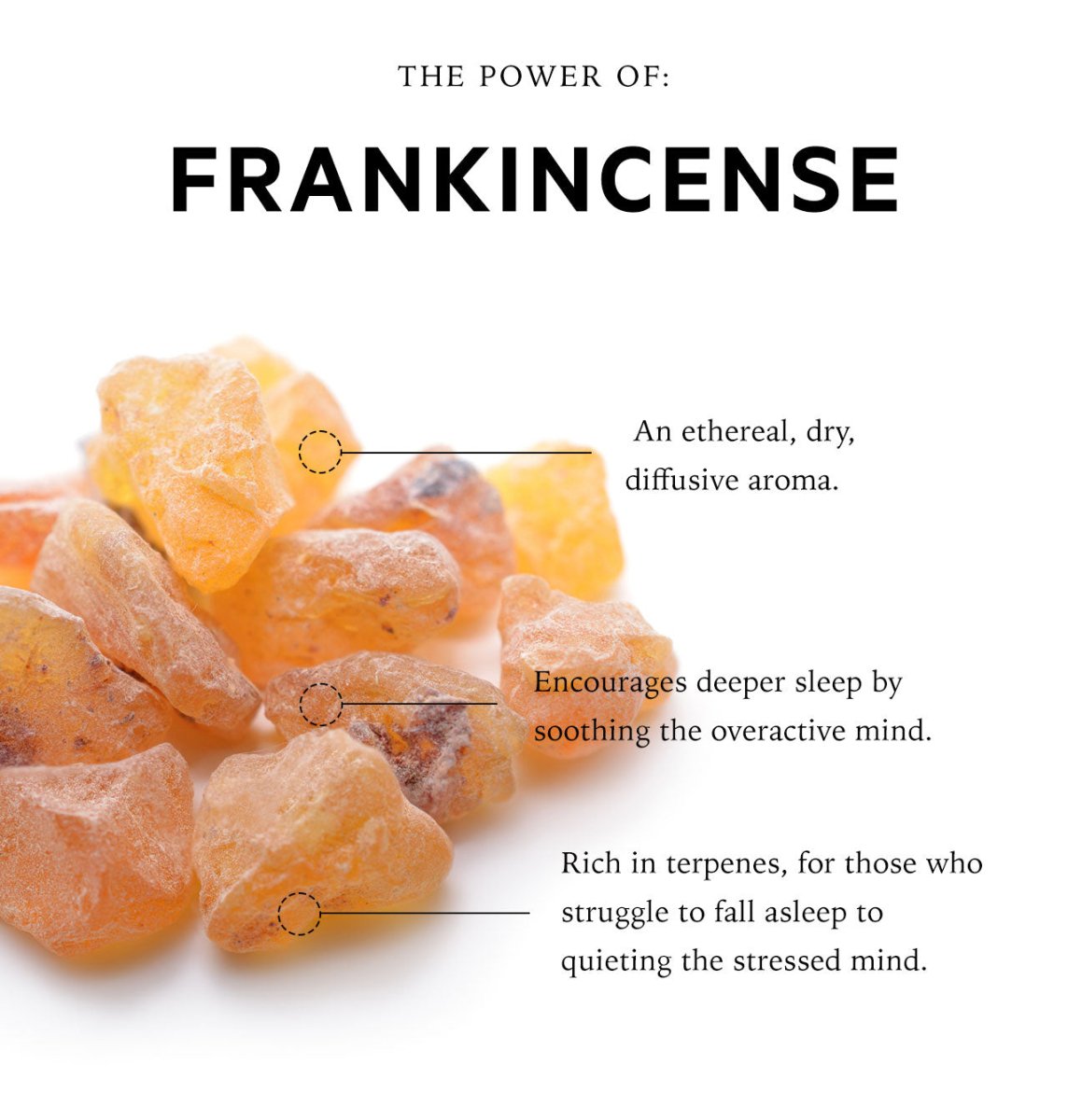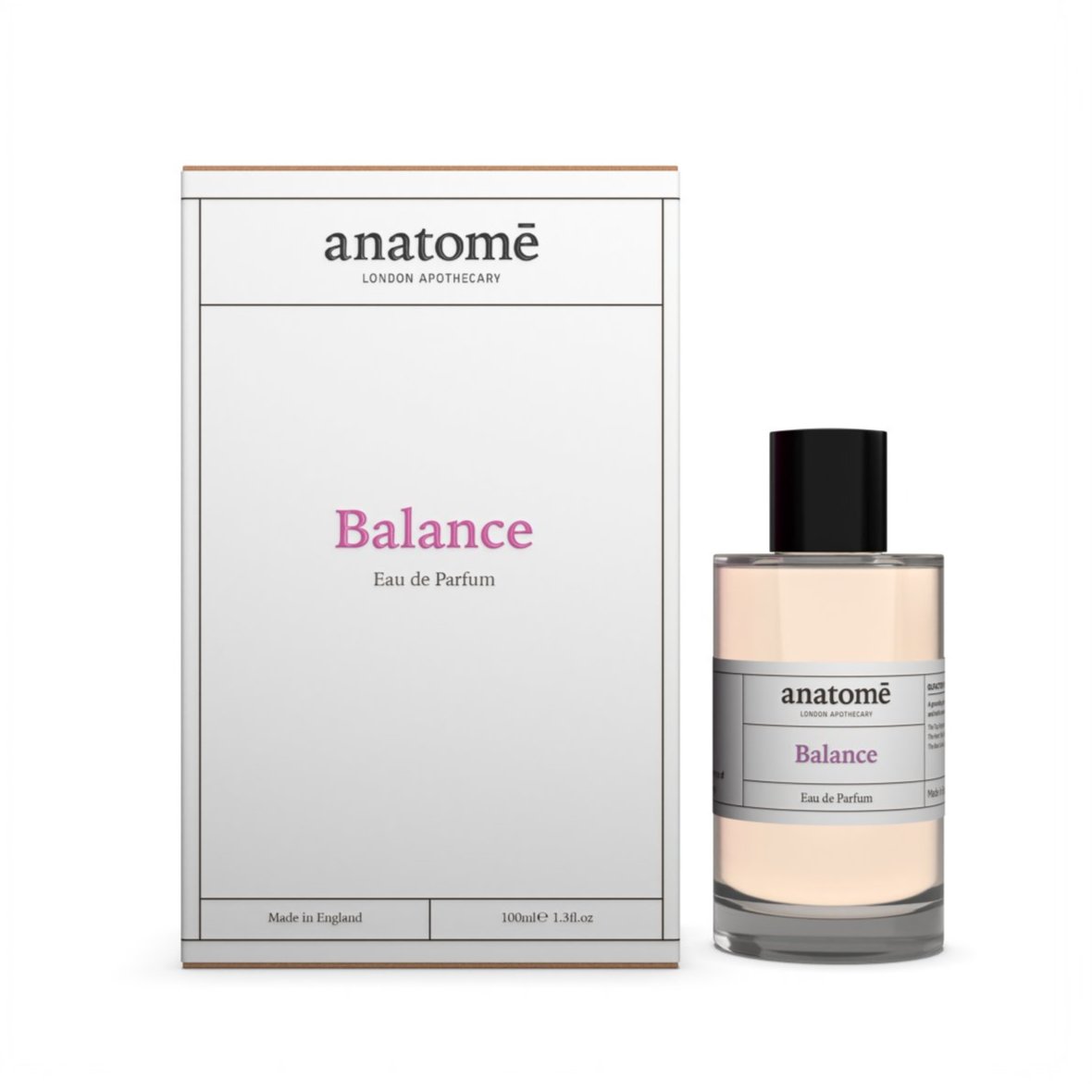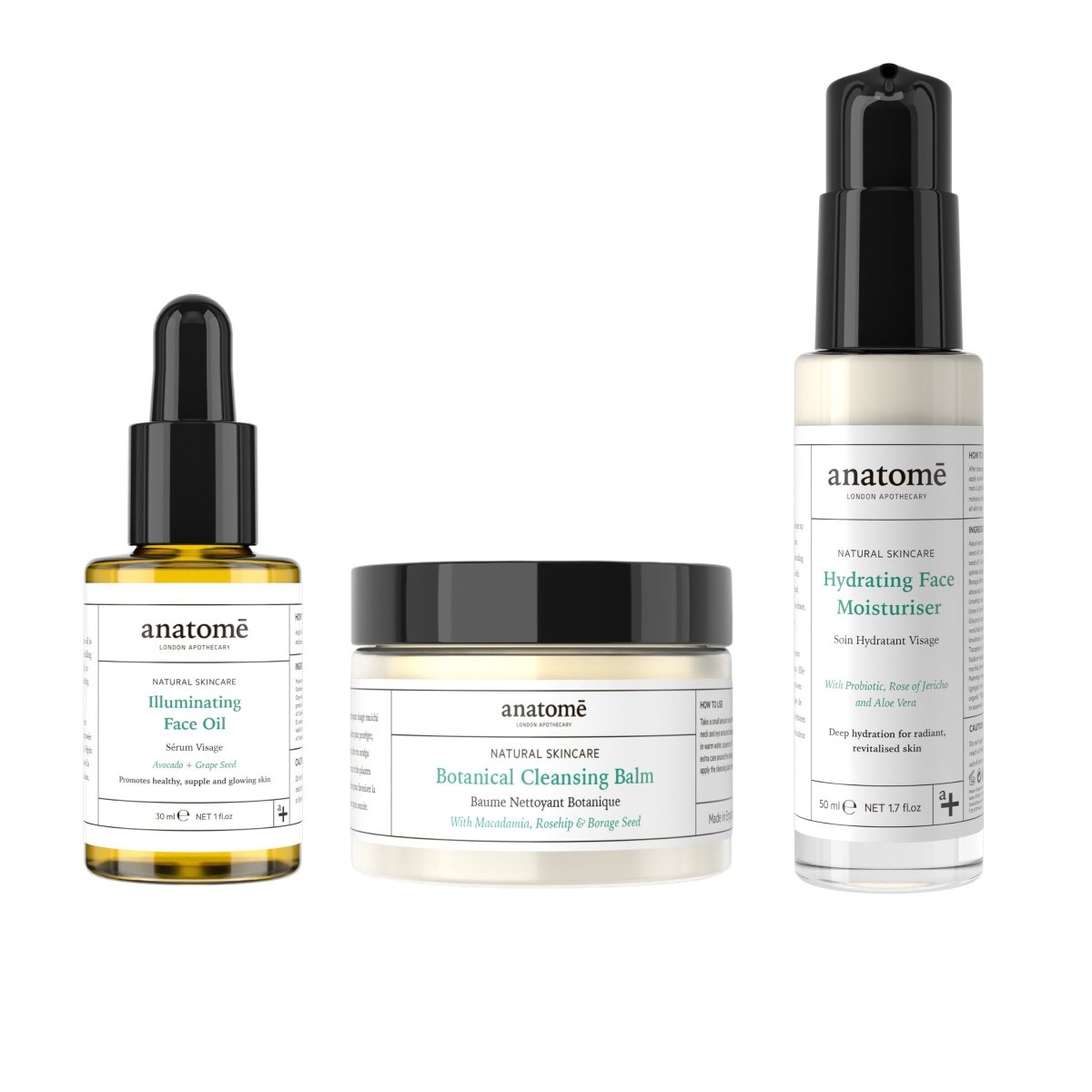This women’s supplement to be utilised 365 days of the year combines essential vitamins and botanicals to support hormonal health, energy levels, and overall vitality. Key ingredients like Maca Root help balance hormones, improve mood, and boost energy, while Coenzyme Q10 aids in cellular energy production and heart health. Vitamin B6 and B12 help regulate hormones, combat fatigue, and support mood balance, contributing to overall hormonal balance.
B vitamins also play a crucial role in regulating stress hormones, which is essential for maintaining hormonal balance and overall health. Adaptogenic herbs manage stress and cortisol levels, supporting adrenal function and hormone balance. Biotin promotes healthy hair, skin, and nails, while nutrients for thyroid and metabolic health help alleviate menopausal symptoms like hot flashes. This holistic formula nourishes from within for well-being at every stage of life.
Understanding Hormonal Imbalance
What is Hormonal Imbalance?
Hormonal imbalance occurs when there is an abnormal level of one or more hormones in the body. Hormones are chemical messengers produced by glands in the endocrine system that regulate various bodily functions, such as growth, metabolism, and reproductive processes. When hormone levels are out of balance, it can disrupt the body’s normal functioning, leading to a range of symptoms and health problems. This imbalance can manifest in various ways, including weight gain, fatigue, mood swings, and changes in menstrual cycles. Understanding and addressing hormonal imbalances is crucial for maintaining overall health and well-being.
Causes of Hormonal Imbalance
Factors Contributing to Hormonal Imbalance
Hormonal imbalances can be caused by a combination of factors, including:
- Genetics: Some individuals may be more prone to hormonal imbalances due to their genetic makeup, which can affect how their bodies produce and regulate hormones.
- Environmental Factors: Exposure to toxins, stress, and certain chemicals can disrupt hormone production and balance. These environmental stressors can interfere with the endocrine system, leading to imbalances.
- Lifestyle Factors: Poor diet, lack of exercise, and inadequate sleep can contribute to hormonal imbalances. A balanced diet and regular physical activity are essential for maintaining hormone balance.
- Medical Conditions: Certain medical conditions, such as polycystic ovary syndrome (PCOS), thyroid disorders, and menopause, can cause hormonal imbalances. These conditions often require medical intervention to manage hormone levels effectively.
- Medications: Certain medications, such as hormone replacement therapy (HRT), can disrupt hormone balance. It’s important to discuss potential side effects with a healthcare provider when starting any new medication.
Understanding these factors can help in identifying and addressing the root causes of hormonal imbalances, leading to better management and overall health.
Importance of Hormone Balance
Why is Hormone Balance Important?
Maintaining hormone balance is crucial for overall health and well-being. Hormones play a vital role in regulating various bodily functions, including:
- Metabolism: Hormones help regulate metabolism, which affects energy levels, weight, and body composition. Balanced hormones can lead to improved energy levels and a healthier metabolism.
- Reproductive Health: Hormones regulate menstrual cycles, fertility, and menopause symptoms. Achieving hormone balance can enhance reproductive health and alleviate menopausal symptoms.
- Mood and Cognitive Function: Hormones influence mood, cognitive function, and emotional well-being. Balanced hormones can lead to better mood stability and cognitive function.
- Bone Health: Hormones help regulate bone density, which affects osteoporosis risk. Maintaining hormone balance can contribute to stronger bones and reduced osteoporosis risk.
- Cardiovascular Health: Hormones influence blood pressure, lipid profiles, and cardiovascular risk. Balanced hormones can improve cardiovascular health and reduce the risk of heart-related issues.
Achieving hormone balance can have numerous health benefits, including improved energy levels, enhanced reproductive health, better mood and cognitive function, stronger bones, and improved cardiovascular health. In addition, maintaining hormone balance can help alleviate symptoms of menopause, such as hot flashes, night sweats, and mood changes. A balanced diet, regular exercise, and stress management can help support hormone balance, while vitamin supplements, such as folic acid, can provide essential nutrients for hormone production.
